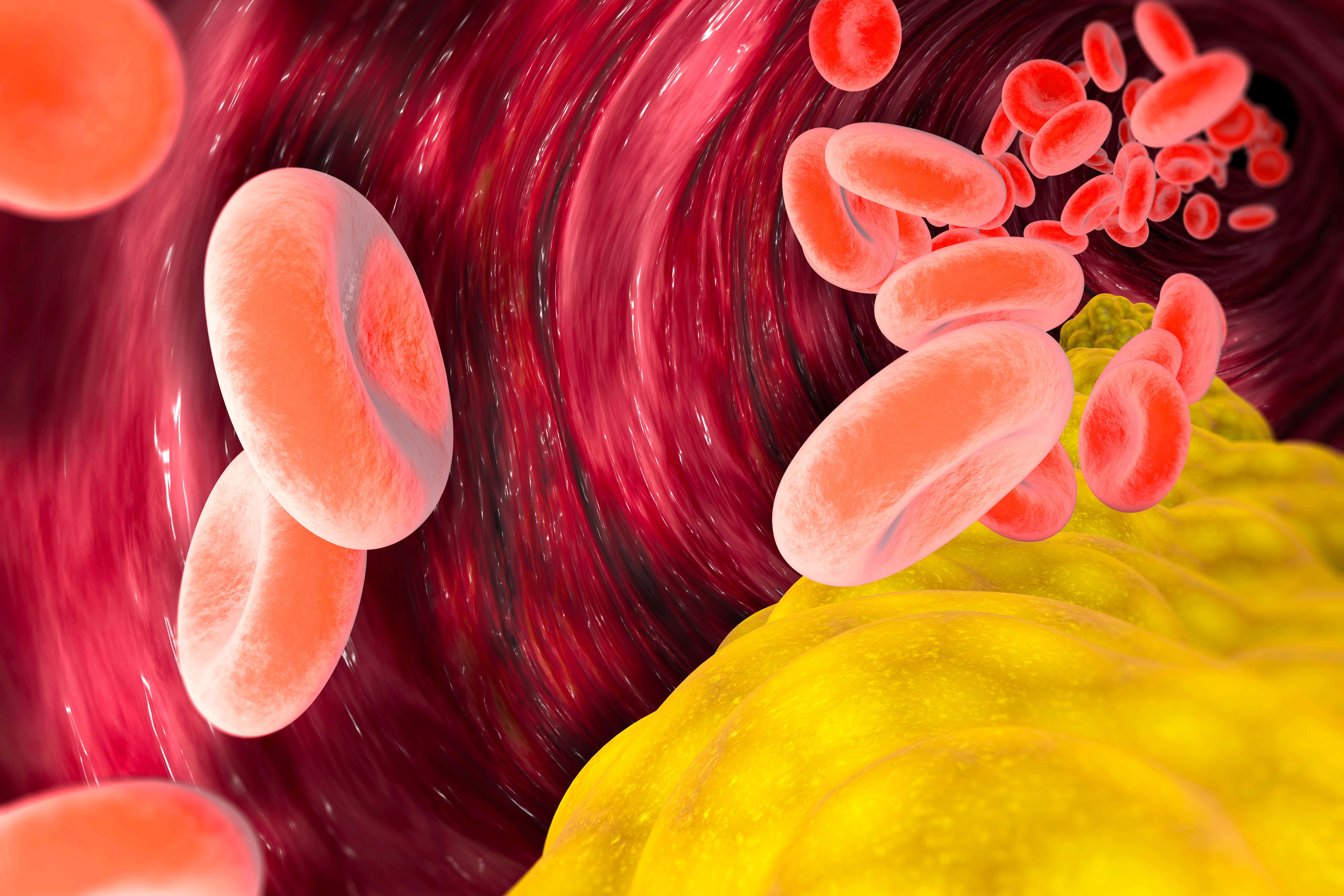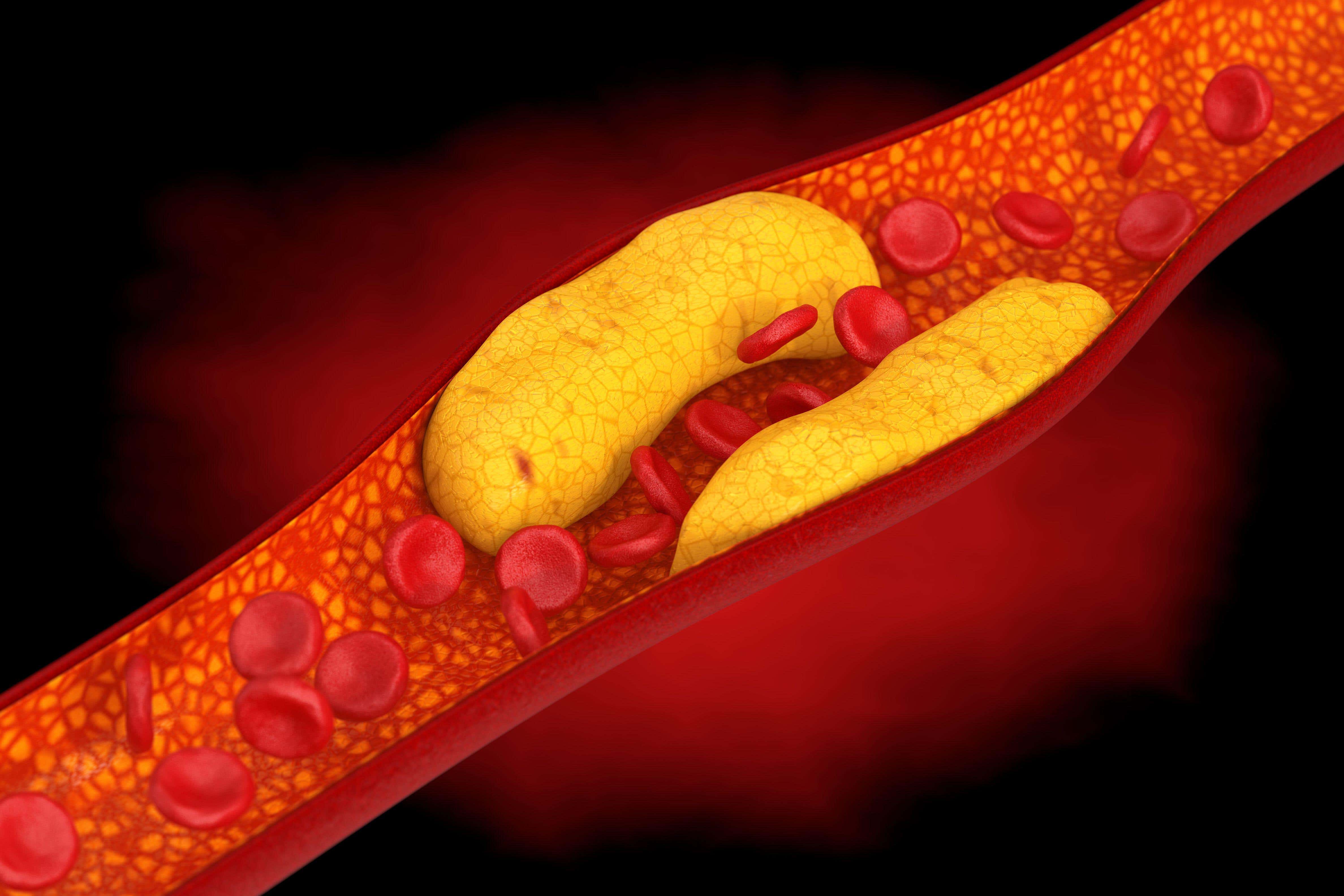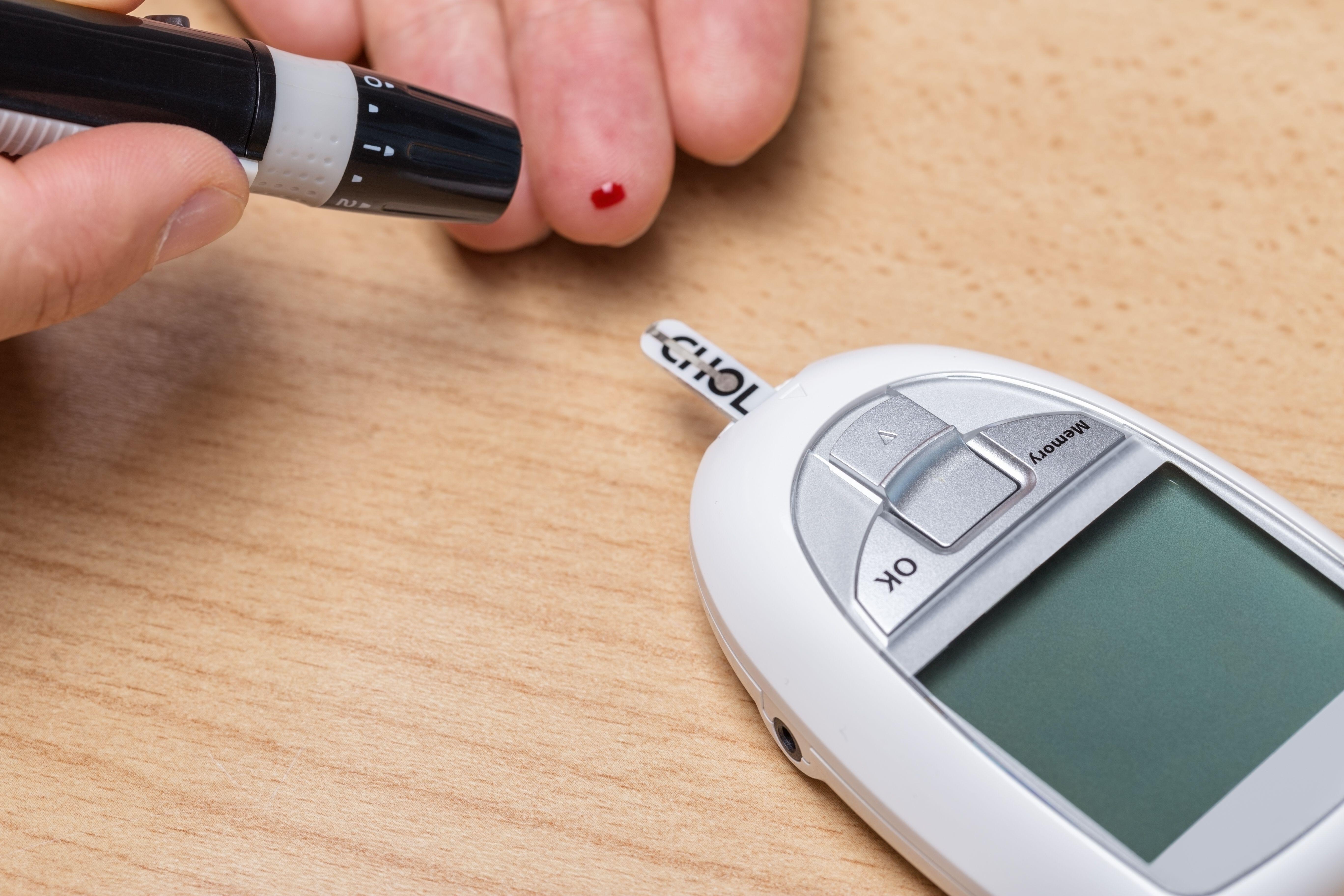
Many people believe that all cholesterol in cholesterol is bad, but this is not the case.
With a lot of common and advice messages there, it may be difficult to understand everything. So experts dismantled the basics: what is cholesterol, how it could affect our health and what can help.
Whether you are told that you have a high level of cholesterol in the blood or you are interested in what is going on inside your body, here is what you need to know:
What is cholesterol?
“Cholesterol is used by all cells in your body to keep them in good health.”
“It is carried around your body to the cells you need by proteins in your blood. When cholesterol and proteins unite, they are called fatty proteins.”

Low -density lipoprotein (LDL) and HDL lipoprotein are the two main types.
“LDL is unhealthy and can cause plaque in the arteries, which increases the risk of stroke,” highlights Dr. Donald Grant, GP and a large clinical consultant in the independent pharmacy.
“While HDL helps remove excess cholesterol from the body to maintain healthy amounts.”
What are the factors that can increase the risk of high LDL levels?
One of the biggest risk factors is family blood cholesterol, a genetic condition where the liver cannot properly treat cholesterol, according to the British Heart Foundation.
“If you have family blood cholesterol hypertolist, you should start statins or some other medications to lower cholesterol because you cannot reduce this risk alone,” says Dr. Jeff Foster, Special, GP and Men’s Health Service.

Body weight also affects cholesterol levels.
“Individuals with obesity or weight gain are at greater risk of producing cholesterol in LDL, which increases the risk of heart disease,” Grant notes. “Obesity can also lead to insulin resistance, which reduces HDL cholesterol.
“In addition, chronic inflammation, caused by weight gain, can also increase the pressure on the heart and negatively affect cholesterol levels.”
Are there any prominent signs of high LDL levels?
In some cases, especially those that have very high levels or some genetic conditions, you may see the olive tumor (fatty bumps on the skin), or xanthelasmas (yellow spots around the eyes), or the arc of the cornea (white rings around the colored part of your eyes), according to Heart Foundation.
However, most people do not tend to show visual symptoms.
“It is often a hidden risk factor for serious conditions such as heart attacks and strokes, which means that there can be without knowing us even too late,” says Jose. “For this reason it is extremely important to check your cholesterol level – you can ask GP to check your levels through a simple blood test.”
How many times should you check cholesterol levels?
“In general, adults should aim to examine cholesterol every five years, however, this can change depending on risk factors such as a family history of poor cholesterol or age,” says Grant. “Usually it is part of NHS health examination, it is sent to people between the ages of 40 and 71 every five years.”
However, Foster believes it is good to test your levels early.

“Start checking your cholesterol from the age of twenty,” recommends Foster. “This looks really young, but high cholesterol is a cumulative harmful process.
“If you have a high level of cholesterol in the twenties of the last century, you have a high cholesterol in risk from the previous year, so you simply add this danger.
What are statin and how can it help?
“Statin is an effective treatment that can reduce the amount of LDL in the individual’s body, which reduces the risk of major heart events,” says Grant. “Treatment restricts enzymes in the liver to slow cholesterol production.
“Usually, people with poor cardiovascular health or ldl are recommended.”
Statin comes as tablets that are taken once a day and the dose depends on the reason for your need for the medicine, cholesterol levels, cholesterol and other drugs you take.
According to NHS, many people who take statin do not test any side effects or very few side effects and those who usually suffer from some side effects, such as diarrhea, headache or a feeling of disease.
Does the diet affect cholesterol levels?
“Types of cholesterol in your body, such as a non -HDL cholesterol, differ from the food cholesterol found in the food,” explains. “Many people believe that eating foods is high in food cholesterol, such as egg yolks and shellfish, raising cholesterol levels in the blood.
However, research shows that food cholesterol has a little effect on cholesterol levels in the blood.
“It is much important to focus on reducing the amount of saturated fat, which is known to increase cholesterol levels in your blood.”
What other changes can make a big difference?
“Since the condition is closely related to cardiovascular health, the promotion of fitness can improve the health of the heart and reduce LDL with increased cholesterol in the cholesterol in HDL,” says Grant. “In general, people should target about 30 minutes every day.”
“It is also necessary to avoid smoking and alcohol, as both bad habits contribute to high levels of LDL cholesterol.”